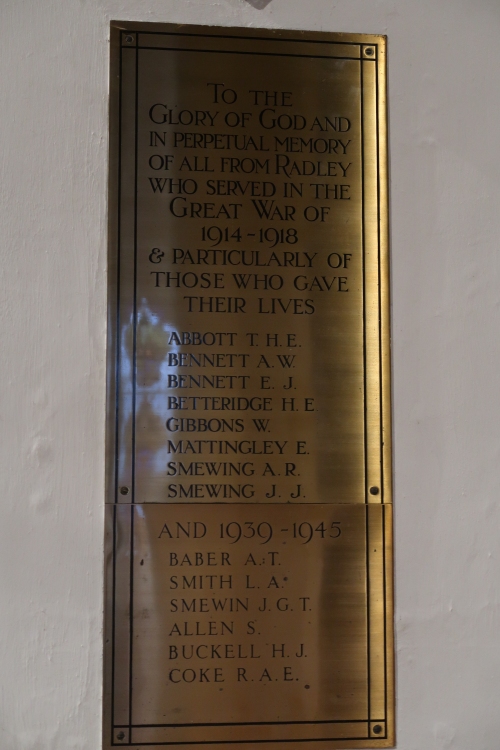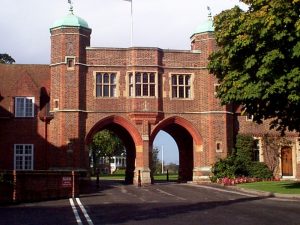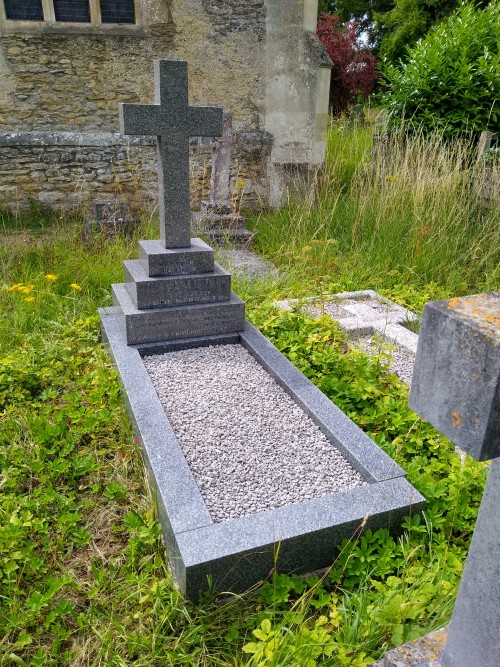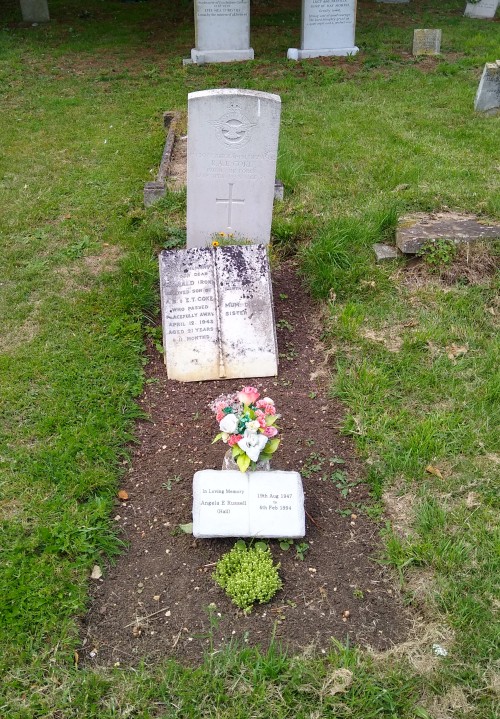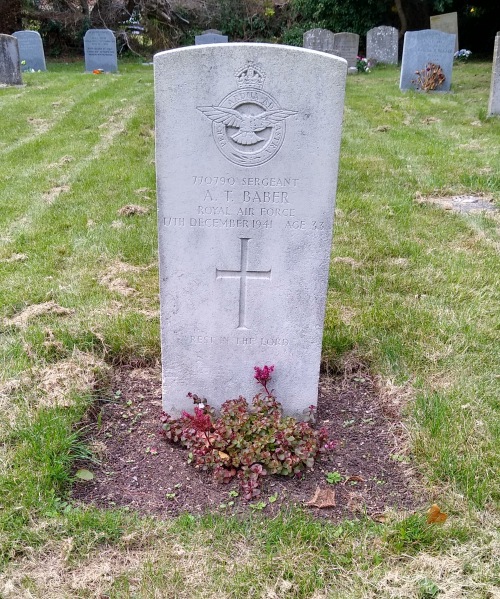In this talk, local historian Emily Grieg walked us through the efforts of a Victorian mission to improve the lives of people living in East Oxford. The talk started by explaining the changing national religious landscape and then went deeper to describe how the local religious movements in Oxford attempted to deal with the local population’s living conditions worsening with urban poverty on the rise and housing and sanitation systems not keeping pace with population growth.
East Oxford, the area on which the talk was focused, was also during this time undergoing significant changes and challenges of urbanisation during this period. East Oxford went from fields and farming with small numbers of cottages to significant housing development.
Emily explained how the well-connected Father Richard Meux Benson took over as the parish vicar of Cowley and later formed the Society of St. John the Evangelist known locally as the Cowley Fathers. The Cowley Fathers left a visible legacy on East Oxford in part due to their wealthy benefactors with numerous buildings, including the St John’s Home, SS Mary and John Church as well as several schools in the area.
Conversely, the nonconformist Oxford City Mission (OCM) was very much funded by local people for the people, with donations coming in from ordinary people. The annual reports of the group showed that OCM’s aim was to encourage personal conversion and to tackle the consequences of poverty such as alcohol abuse, which was a common daily struggle for some families faced in East Oxford. Their legacy was less visible than perhaps the Cowley Fathers, but their work was no less important at a difficult time for many.
